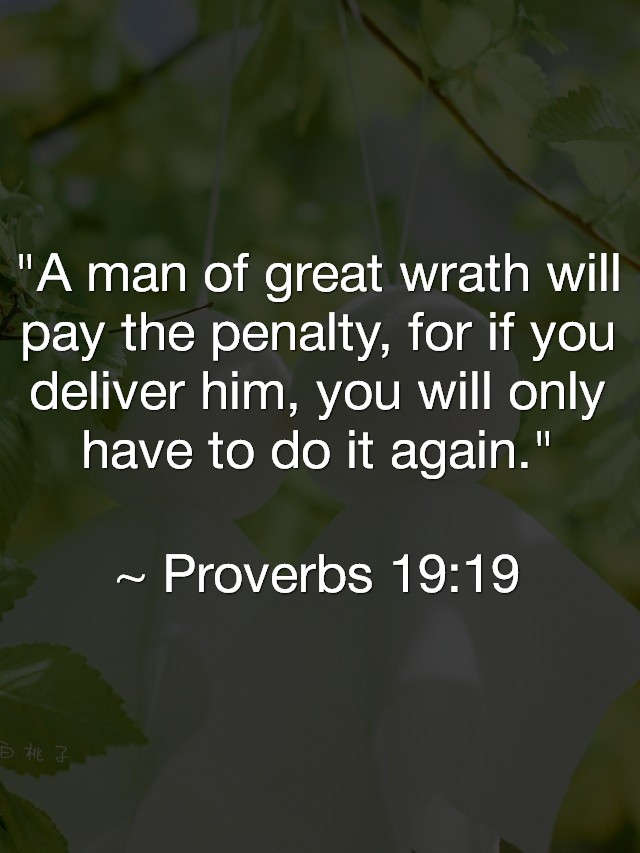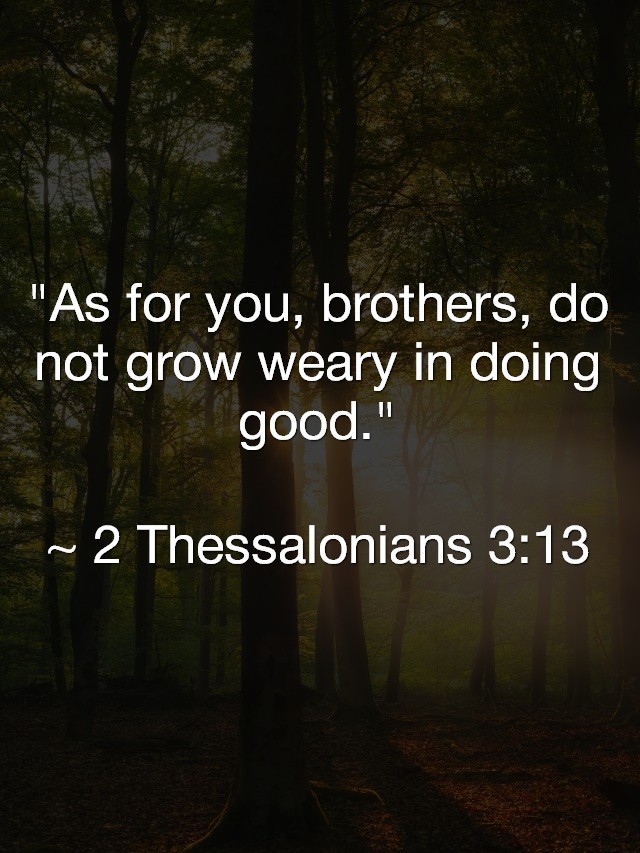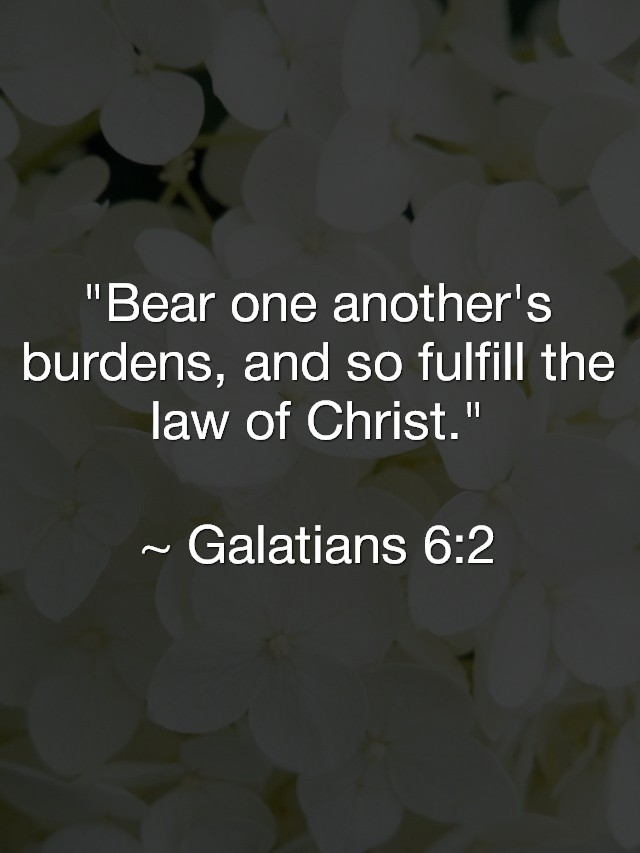Addiction is a devastating force that can tear families apart, leaving behind a trail of pain, guilt, and despair. As Christians, we are called to love and support our family members, but what happens when that love seems to enable destructive behavior? This article aims to provide guidance and hope for those struggling with a family member’s addiction, drawing from Christian principles and practical advice.
Dealing with a family member’s addiction is one of the most heart-wrenching experiences a person can endure. When that family member is a sibling, and the enabler is a beloved parent, the emotional turmoil can be overwhelming. This article aims to provide guidance and support for those caught in the painful cycle of addiction and enabling, drawing on Christian principles and practical advice.
Understanding Enabling
Enabling is a behavior that allows someone with an addiction to continue their destructive habits. It often stems from a place of love and a desire to help, but it ultimately perpetuates the addiction. In the case of your mother and brother, her actions—though well-intentioned—are enabling his addiction and abusive behavior.
The Impact of Enabling
Your mother’s enabling has severe consequences: – Financial Strain: Your mother is in significant debt due to your brother’s manipulative tactics. – Emotional Abuse: Your brother’s threats and bullying create a toxic environment. – Family Division: The situation has caused a rift between you, your siblings, and your mother.
Biblical Perspective on Enabling
The Bible teaches us to love and support one another, but it also emphasizes the importance of accountability. Galatians 6:2 says, “Carry each other’s burdens, and in this way you will fulfill the law of Christ.” However, Galatians 6:5 also states, “For each one should carry their own load.” This balance suggests that while we should help others, we must also allow them to take responsibility for their actions.
Steps to Address the Situation
-
Set Boundaries: Establish clear, firm boundaries with your mother and brother. This might include not providing financial support or refusing to clean up after your brother’s messes. Boundaries are essential for protecting your well-being and encouraging your brother to take responsibility for his actions.
-
Seek Professional Help: Encourage your mother to seek counseling or join a support group like Al-Anon or Nar-Anon. These groups provide support and guidance for families dealing with addiction.
-
Pray for Strength and Guidance: Turn to God for strength and wisdom. Pray for your mother, your brother, and yourself. Ask God to intervene in your brother’s life and to give your mother the courage to stop enabling his behavior.
-
Consider Detachment: Sometimes, the most loving thing you can do is to detach. This doesn’t mean you stop caring, but you stop allowing your brother’s actions to control your life. Detachment can help both you and your mother focus on your own well-being.
-
Offer Support with Conditions: If you choose to help your mother, do so with clear conditions. For example, you might offer financial support only if she agrees to seek counseling or take steps to stop enabling your brother.
Dealing with Guilt and Resentment
It’s natural to feel guilt and resentment in this situation. Remember that your feelings are valid. It’s important to process these emotions in a healthy way, perhaps through counseling or talking with a trusted friend or pastor. Ephesians 4:31-32 encourages us to “Get rid of all bitterness, rage and anger… Be kind and compassionate to one another, forgiving each other, just as in Christ God forgave you.”
Navigating the complexities of addiction and enabling within a family is incredibly challenging. By setting boundaries, seeking professional help, praying for strength, considering detachment, and offering conditional support, you can begin to address the situation in a way that honors both your well-being and your faith. Remember, you are not alone—God is with you, and there are resources and people who can help you through this difficult time.




